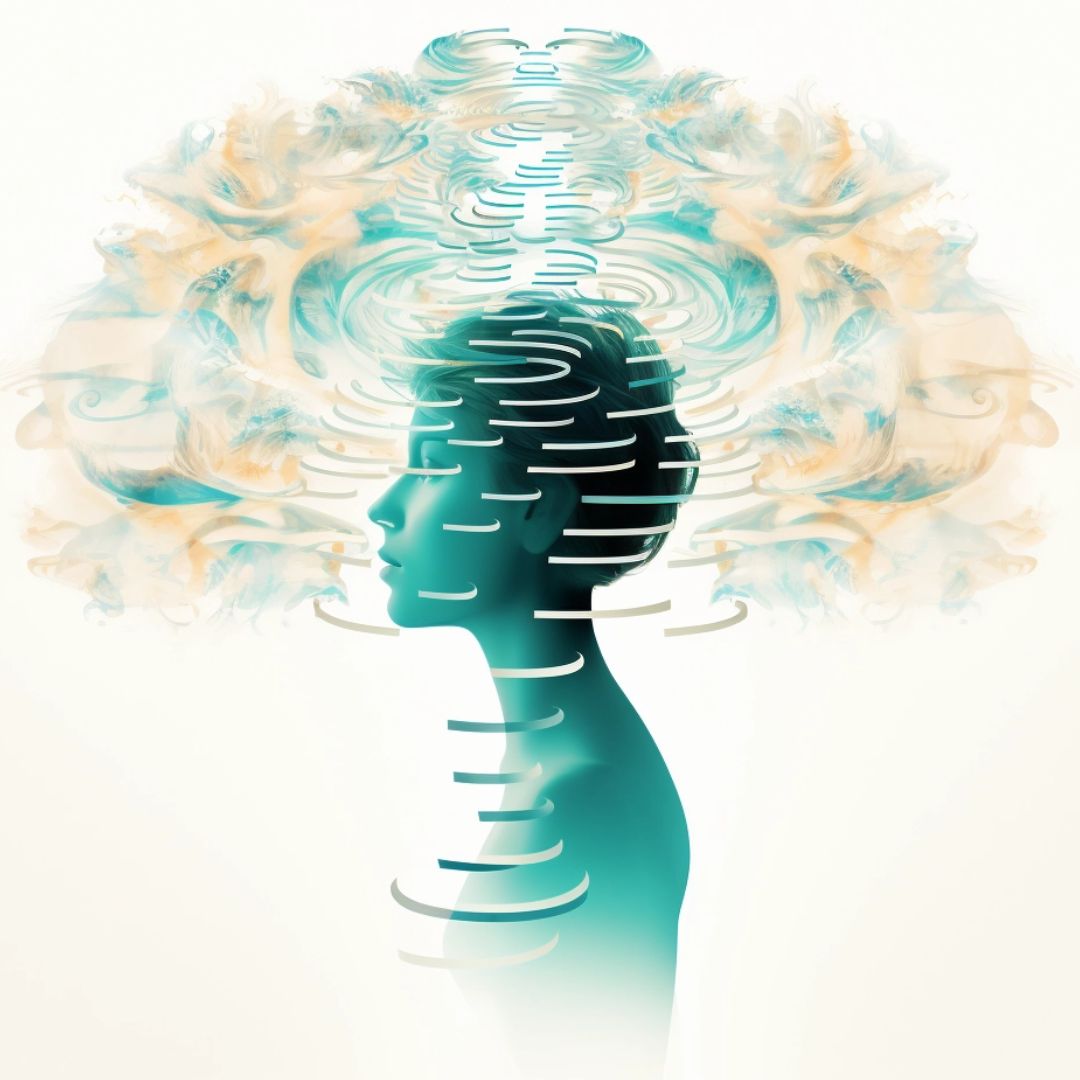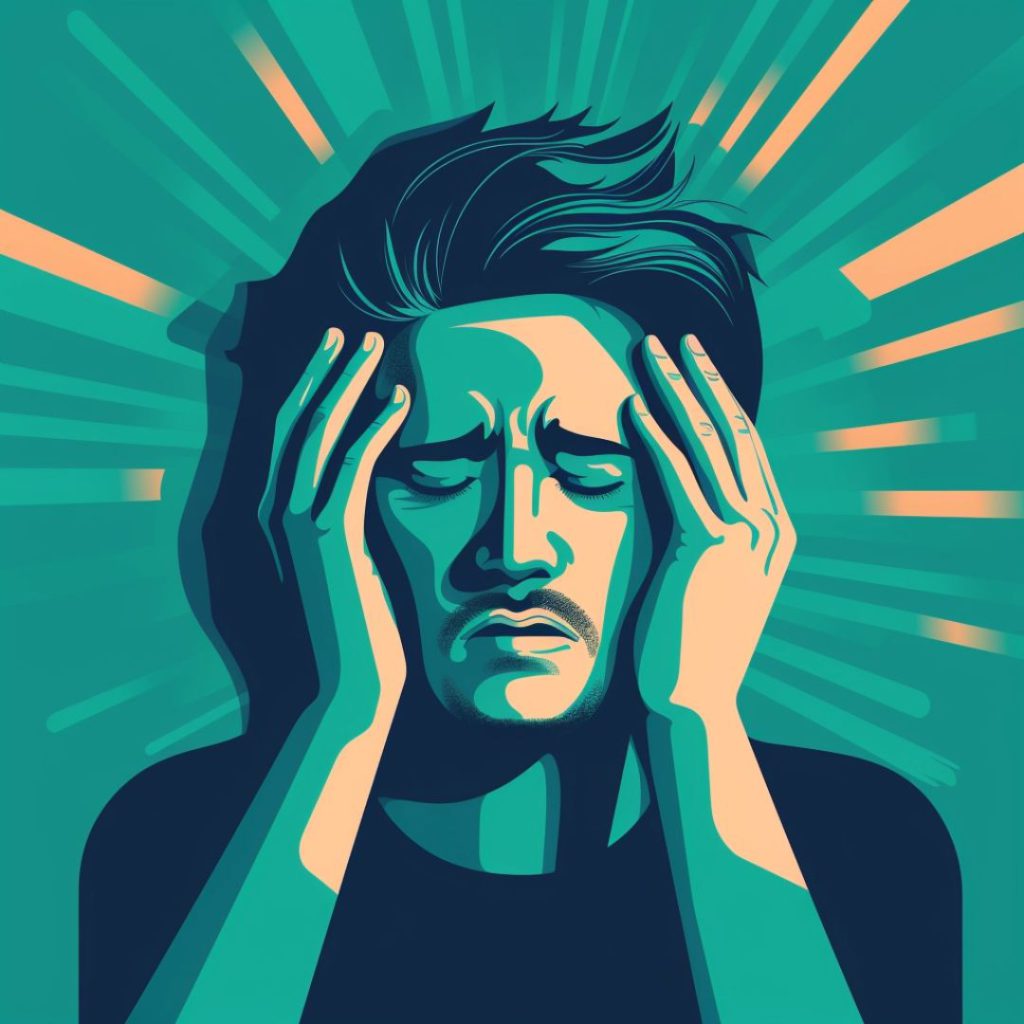ESTJ and ADHD: Symptoms, Causes & Practical Tips

ADHD is a common disorder characterized by problems with focus, impulsiveness, and hyperactivity. People with ADHD often find it difficult to stay organized, complete tasks on time, and control their impulses.
Living with ADHD can be a challenge, especially for individuals who identify as ESTJ (Extraverted, Sensing, Thinking, Judging) on the Myers-Briggs Type Indicator. ESTJ individuals are known for their practicality, organization, and strong sense of responsibility, all of which can be affected by the symptoms of ADHD.
This post will explore ESTJ ADHD by examining the unique strengths and challenges that ESTJs bring to the table and introducing coping tips for ESTJs with ADHD.
ESTJ and ADHD Symptoms
ADHD is a neurodevelopmental disorder characterized by symptoms such as difficulty focusing, impulsivity, hyperactivity, and often challenges with organization or time management.
It can affect individuals regardless of their personality type, including an ESTJ.
An ESTJ personality type, according to the MBTI, tends to exhibit characteristics such as being practical, organized, responsible, decisive, structured, and focused on following rules and traditions.
They often take charge in leadership roles, value efficiency, and prefer clear, logical thinking.
| Read more: Is Echolalia a Symptom of ADHD?
ESTJs with ADHD may experience symptoms below:
- Struggle with Focus: An ESTJ with ADHD might find it challenging to maintain focus on tasks or details, even though they typically value organization and structure.
- Impulsivity: Despite their preference for making decisions based on logic and practicality, an ESTJ with ADHD might sometimes act impulsively or make quick decisions due to the ADHD-related impulsivity.
- Hyperactivity or Restlessness: The typical traits of an ESTJ, such as being goal-oriented and hardworking, might be affected by restlessness or hyperactivity associated with ADHD.
- Difficulty in Time Management: While an ESTJ usually excels in managing time and schedules, ADHD could make it more challenging to adhere strictly to plans or deadlines.
- Adherence to Structure and Rules: An ESTJ typically values following rules and established structures, but ADHD might occasionally lead to moments of spontaneity or difficulty in strictly adhering to set protocols.
- Stress and Frustration: Balancing the inherent traits of an ESTJ with the challenges posed by ADHD can lead to increased stress and frustration. Their desire for organization and efficiency might clash with the difficulties they face due to ADHD symptoms, potentially causing feelings of inadequacy or frustration.
| For ESTJs: ESTJ and Depression
ESTJs ADHD: What are the Triggers?

ADHD is a neurodevelopmental disorder influenced by various factors, including genetics, brain structure, and environmental elements. However, certain traits commonly found in ESTJs might exacerbate some aspects of ADHD.
Here are some ways in which ESTJ traits might intersect with ADHD:
- High Standards and Perfectionism: ESTJs often have high standards for themselves and others. This perfectionistic tendency could contribute to increased stress and frustration when ADHD-related symptoms lead to difficulties in meeting these lofty expectations. This pressure might intensify the impact of ADHD symptoms, such as distractibility or impulsivity.
- Desire for Structure and Order: ESTJs typically value structure and organization. When ADHD interferes with their ability to maintain this structure or follow routines consistently, it may lead to increased frustration or stress.
- Preference for Efficiency and Productivity: ESTJs tend to be highly focused on productivity and efficiency. ADHD symptoms, such as difficulties with attention or impulsivity, might hinder their ability to work as productively as they desire, leading to feelings of dissatisfaction or frustration.
- Strong Leadership and Decision-Making Skills: ESTJs often take charge in leadership roles and make decisive decisions based on logic. However, ADHD-related impulsivity might occasionally lead to decisions made in haste, without considering all relevant factors, potentially causing issues or regrets afterward.
- Attention to Detail: ESTJs typically have a preference for attending to details and maintaining accuracy. ADHD symptoms, particularly those related to attention difficulties, might interfere with their ability to focus on intricate tasks or sustain attention to details for extended periods.
Which MBTI personality types are more prone to ADHD?
Read in our ultimate guide below:
ADHD and MBTI | A Comprehensive Overview
Coping Tips for ESTJs ADHD

Managing ADHD as an ESTJ involves incorporating strategies that align with their personality traits and preferences for structure, organization, and efficiency.
Here are some approaches that an ESTJ might find helpful in dealing with ADHD:
1. Create a Structured Routine
Establish a consistent daily schedule and stick to it as much as possible. Allocate specific time blocks for different tasks, including work, breaks, meals, exercise, and relaxation. Having a structured routine can help manage time effectively and reduce distractions.
2. Utilize Organizational Tools
Use planners, calendars, to-do lists, or productivity apps to keep track of tasks, deadlines, and appointments. Break down larger tasks into smaller, manageable steps to make them less overwhelming and easier to accomplish.
3. Set Clear Goals and Prioritize Tasks
Define clear goals and prioritize tasks based on importance and deadlines. Focus on completing one task at a time rather than trying to multitask, which can exacerbate ADHD symptoms.
4. Minimize Distractions
Create a conducive work environment by minimizing distractions. This might involve working in a quiet space, using noise-canceling headphones, or employing apps or browser extensions to block distracting websites during work sessions.
5. Implement Time Management Techniques
Use time management techniques like the Pomodoro Technique (working in focused intervals with short breaks) or time-blocking (allocating specific time slots for different tasks) to enhance focus and productivity.
6. Break Tasks into Smaller Steps
Break down larger projects or tasks into smaller, more manageable parts. This approach can make it easier to initiate tasks and maintain motivation throughout the completion process.
7. Seek Support and Accountability
Communicate with colleagues, friends, or family members about your goals and challenges. Consider working with a coach, therapist, or ADHD specialist who can provide guidance, support, and accountability.
8. Practice Mindfulness and Stress Management
Incorporate mindfulness techniques, meditation, or relaxation exercises into your daily routine to manage stress and improve focus.
9. Regular Exercise and Healthy Lifestyle
Engage in regular physical exercise as it can help reduce ADHD symptoms by releasing pent-up energy and improving focus. Maintain a healthy diet, adequate sleep, and consider mindfulness practices for overall well-being.
Did you know ADHD often diagnosed in childhood?
Read the guide below to gain insights:
ADHD in Children: Managing Strategies + Real-Life Stories
ESTJ and ADHD Treatment

Treatment for ADHD typically involves a combination of strategies, including medication, therapy, and lifestyle adjustments. For an ESTJ or anyone with ADHD, the most effective professional treatment options often include:
- Medication: Stimulant medications (such as methylphenidate or amphetamines) and non-stimulant medications (like atomoxetine or guanfacine) are commonly prescribed to manage ADHD symptoms. These medications can help improve focus, attention, and impulse control. However, it’s essential to consult a healthcare professional to determine the most suitable medication and dosage for individual needs.
- Behavioral Therapy: Cognitive-behavioral therapy (CBT) or behavioral therapy can be highly beneficial for individuals with ADHD. Therapy sessions focus on developing coping strategies, improving time management, organizational skills, and addressing specific challenges related to ADHD symptoms.
- Coaching or Skill-Building Programs: ADHD coaching or skill-building programs can provide practical strategies to manage symptoms effectively. These programs focus on enhancing executive functioning skills, organization, time management, and goal-setting, aligning well with the structured nature of an ESTJ.
- Psychoeducation: Learning more about ADHD, its symptoms, and how it affects behavior and cognition can be empowering. Psychoeducation sessions provided by mental health professionals can help individuals and their families understand ADHD better, leading to better management and support.
- Support Groups: Participating in support groups or ADHD-specific communities can offer emotional support, validation, and a sense of belonging. Connecting with others who have similar experiences can be beneficial for an ESTJ navigating ADHD challenges.
Does Coffee or Caffeine Good for ADHD or Make It Worse?
Read in our comprehensive guide below:
HealWiser’s Last Piece of Advice
To all ESTJs with ADHD, it’s crucial to work with healthcare professionals, such as psychiatrists, psychologists, therapists, or ADHD specialists, to create a comprehensive treatment plan tailored to individual needs.
Remember, everyone’s experience with ADHD is unique. Be kind to yourself, stay adaptable, and continue exploring what works best for you. With the right support, strategies, and determination, you can effectively navigate the challenges of ADHD while leveraging your ESTJ strengths to lead a fulfilling life.
Sharing your experiences can provide valuable insights and emotional support. So…
…share your experience with Heal Wiser and others in the comments section below this post.






